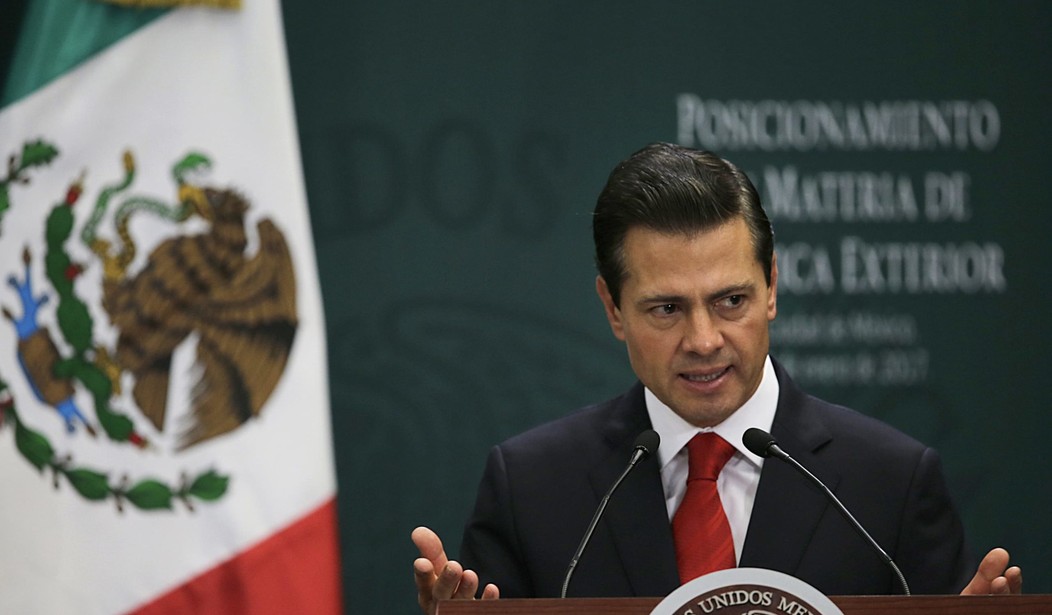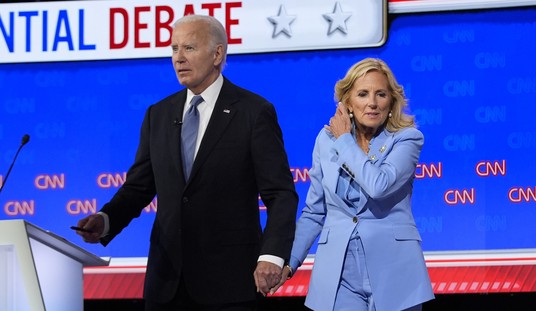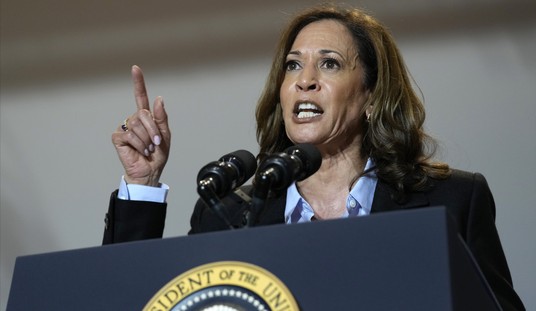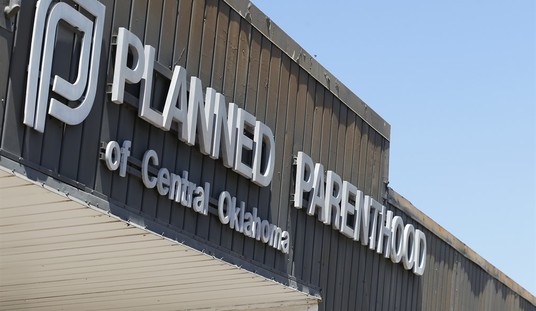WASHINGTON — Canada slapped tariffs on American whiskey in retaliation for President Trump’s steel and aluminum tariffs, and Mexico just announced its retaliation which slaps a tariff on bourbon.
“The United States has reached an arrangement with South Korea on steel, which was announced on April 30. Included in today’s proclamations, the United States has reached arrangements on steel with Australia, Argentina, and Brazil, and with Australia and Argentina on aluminum,” the White House said last week of the 25 percent tariff on steel imports and 10 percent tariff on aluminum imports.
“The United States was unable to reach satisfactory arrangements, however, with Canada, Mexico, or the European Union, after repeatedly delaying tariffs to allow more time for discussions,” the statement added. The tariffs have gone into effect.
Prime Minister Justin Trudeau blasted the decision as “a turning point in the Canada-U.S. relationship.”
On the day Trump announced the tariffs, Mexican President Enrique Peña Nieto tweeted in English and Spanish, “President @realDonaldTrump: NO. Mexico will NEVER pay for a wall. Not now, not ever. Sincerely, Mexico (all of us).”
Mexican Foreign Secretary Luis Videgaray met Tuesday with Secretary of State Mike Pompeo in Washington, during which they discussed “issues of shared interest such as security, migration, trade and the state of the bilateral relationship,” according to Mexico’s Foreign Ministry.
Mexico’s list of $3 billion in tariffs on the United States includes beef, cheese, potatoes, apples, doors and windows, motor boats and steel. The rates range between 15 percent and 25 percent.
The country called it “necessary and urgent to impose measures equivalent to the measures” imposed by the U.S.
Mexico is the second-largest export market for U.S. goods, with Canada first.
“We don’t care if China makes their money or Canada makes their money. What we care about, Chris, is simply having viable steel and aluminum industries. For the last ten years, these industries have lost over 50,000 jobs. They haven’t earned a positive rate of return to speak of,” White House Trade Council Director Peter Navarro told CNN on Tuesday. “So, that’s all we’re trying to do here.”
The Iowa Farm Bureau said the Mexico tariffs on pork could cost U.S. farmers $100 million a year.








Join the conversation as a VIP Member